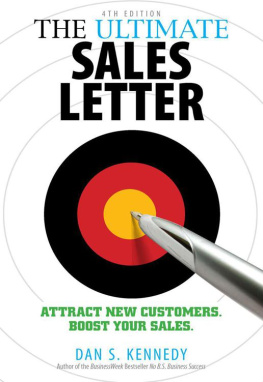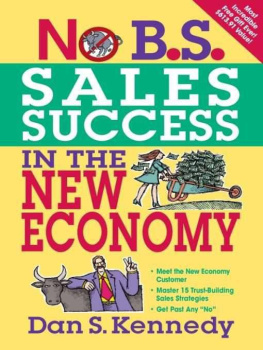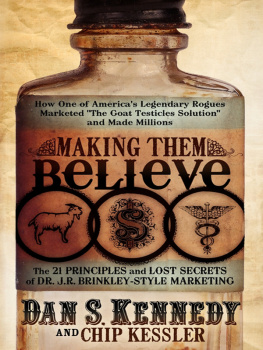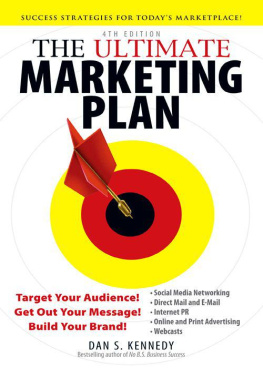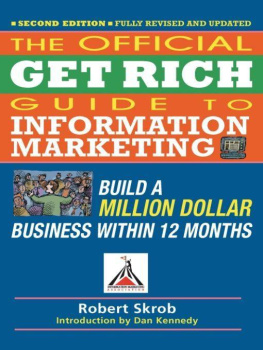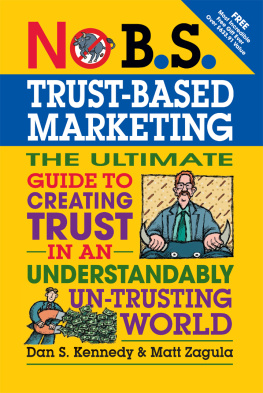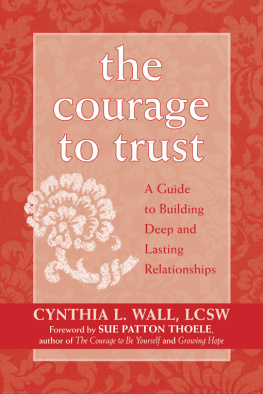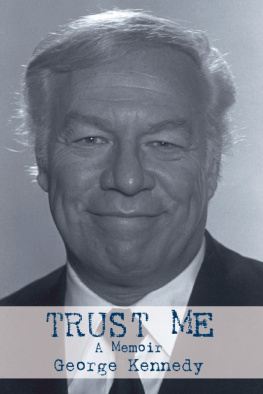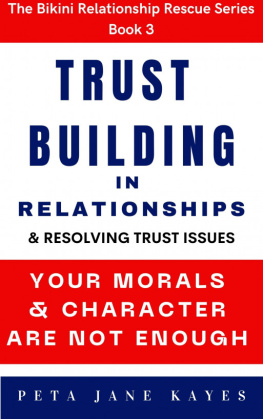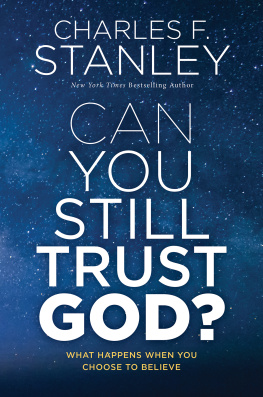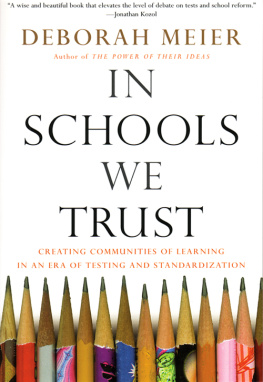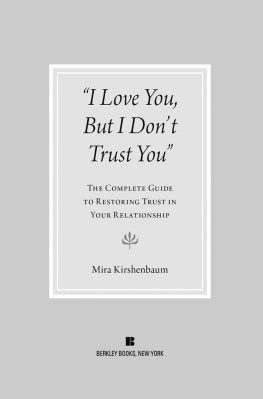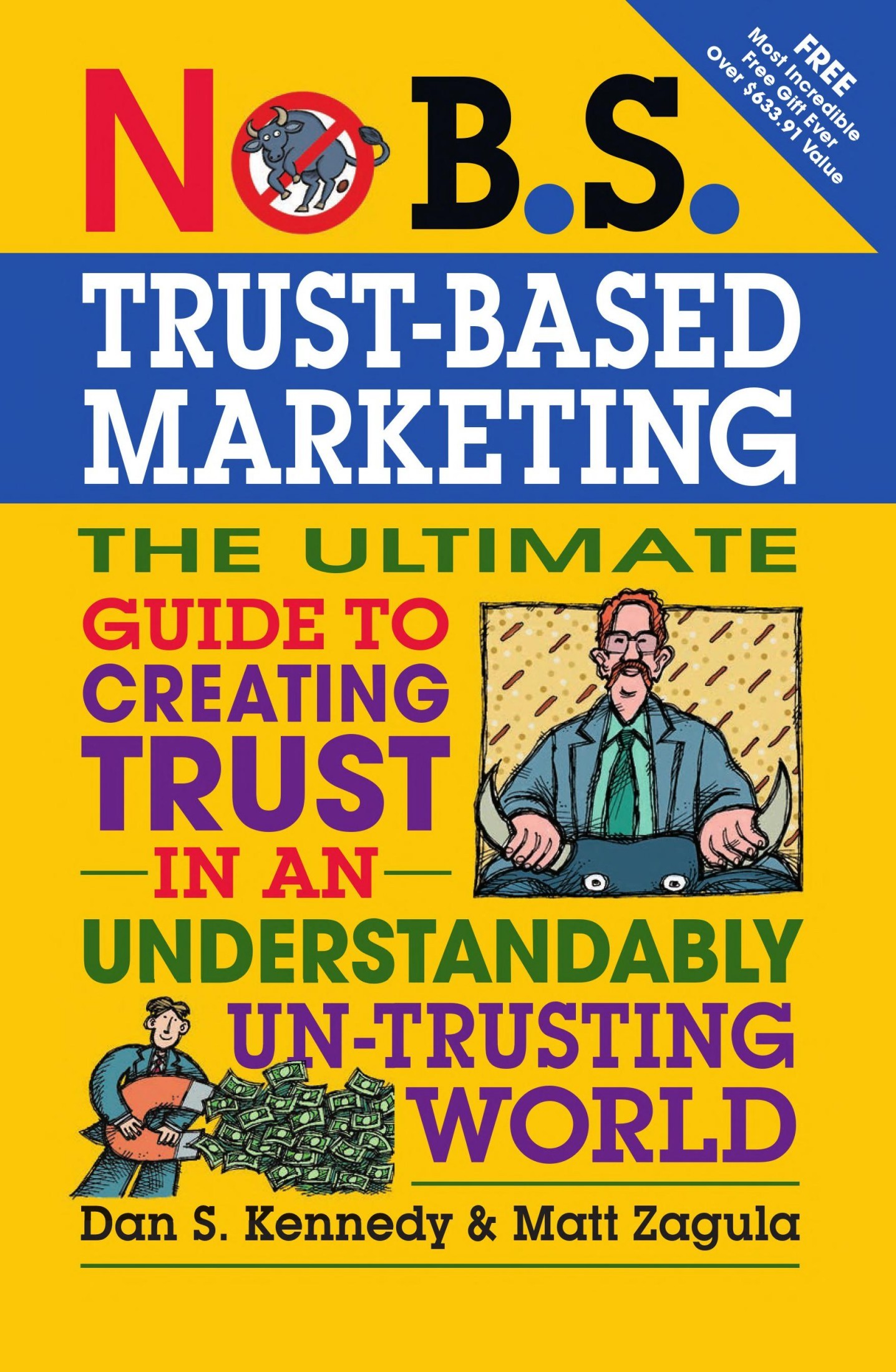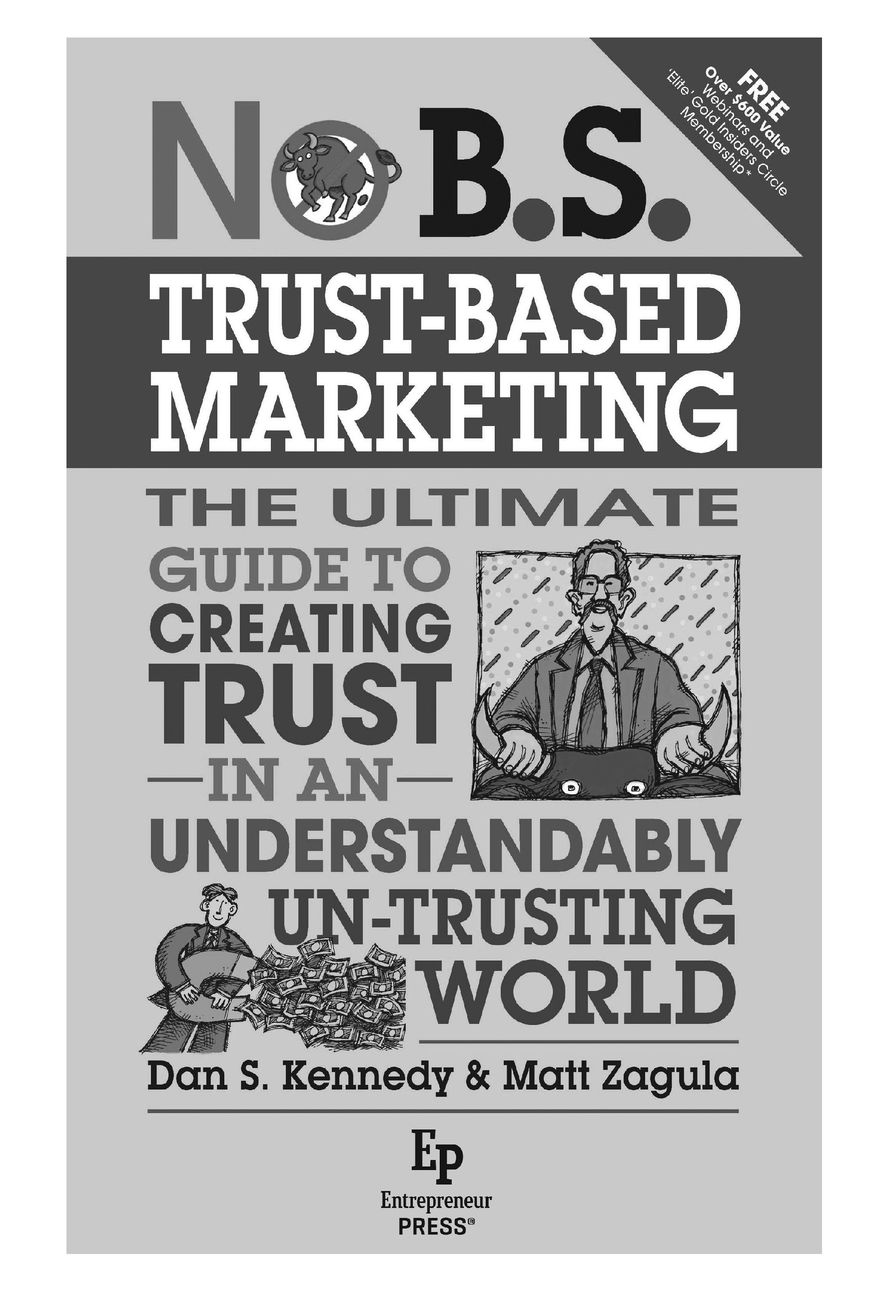PREFACE
What If Everything You WereTaught and Believed About Successfully Connecting with Clients WAS WRONG?
Dan Kennedy
Matt Zagula and I are about to change your life.
Thats a heady, quickly thought of as an arrogant statement; as hyperbolic over-promise.
But virtually every other approach to advertising, marketing, and selling advanced in thousands of books, seminars, courses, coaching, and systems operate within one frame: making your advertising, marketing, or selling more effective by doing the same things everybody does incrementally better. The sales pro is offered more powerful closing techniques, but he is still asked to close the sale for his product or service at the end of a very familiar series of progressive steps. The business owner is given better price-and-offer strategies to imbed in his marketing, or more clever copy for his advertising, but he is still engaged in marketing and selling his products and services via the same old architecture, such as Attention, Interest, Desire, Action. All this is fine, but it is NOT life altering by any stretch of the imagination.
But what if everything you had been taught, thought, and believed about successfully relating to customers, clients, or patients was wrongat least for these times? At bare minimum, what if traditional approaches, however well executed, actually acted to make your life more stressful and difficult than need be?
What if attempting to sell products or services was entirely the wrong thing to be doing?
This is our groundbreaking premise: These times mandate selling something other than products and services. You should effectively get out of the business you are in altogether.
What the !?!@#!?you say I bought a book only to discover its nutty authors are telling me to exit my business?
Almost. We want you to stop selling products and services. Instead, get into the business of selling Trust.
One of the greatest demonstrations of this radical change is historical, not contemporary. It occurred years back, when the Chrysler Corporation was dragged back from the brink of bankrupt extinction by its then CEO, Lee Iacocca. He became a reluctant TV commercial star with somewhat surprising influence. Chrysler was in the news and the public mind as a wounded entity suffering a slow death, and a manufacturer of flawed products, not to be trusted to deliver a good car or to stay in business long enough to service it. Its products were entirely unpersuasive. But Iacocca was a plainspoken, personable, believable father figure. And he did the most amazing thing for a car guy at the helm of a car company. He guided and starred in TV ads that did NOT sell cars.
Let that sink in.
Instead, he stepped forward and sold his personal guarantee backing a then dramatically generous warranty, and outright dared consumers to set aside what they heard and thought, and on his word, actually compare cars, saying, IF you can find a better car, buy it. I tell you, as a lifelong ad man, my jaw dropped then, and I still consider it one of the most astounding moments in advertising. In a set of circumstances entirely adverse to trust, Iacocca sold exactly that.
I had an opportunity to meet and do a little work with Lee Iacocca over two days. At first glance, he was not a guy youd see as an obvious choice for commercial spokesperson. But what was evident to the public was, while not likely to be chosen by Hollywood casting directors, he was authentic. In the time spent with me, it became apparent that the guy Id watched in those TV commercials was pretty much the same guy I was sitting with in his living room. In person, a bit coarser in speech, of course, more casual in appearance, but still something of the crusty but trustworthy, grandfatherly authority figure. If hetold you it would rain tomorrow, you got your umbrella.
Lesser men with smaller mindsand testicleswould resort to selling at the cheapest price, giant discounts, and zero-interest financing; to trying to entice people into test drives with lures of free cases of Coca-Cola and free Hawaiian vacations. Dumber marketers would go down with the ship, making the futile argument about the features and benefits of the cars; showing the shiny products, perhaps with glamorous people getting in and out of them. Price and product, product and price.
Somehow Iacocca rejected all that and, instead of selling product or price, sold his promise; sold trust.


